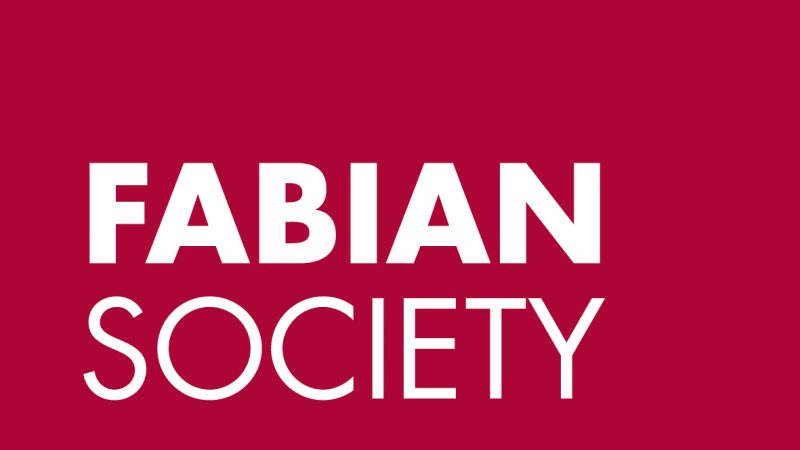
As the next general election approaches, Labour has been pivoting away from only offering criticisms of the government on the issues of the day, such as the cost-of-living crisis and low productivity growth. Labour has instead been constantly working towards becoming a government-in-waiting by accompanying these criticisms with its own policy proposals and vision for the country. An example is Keir Starmer’s new year speech, in which he outlined two elements of his vision for the country – a modernisation of the UK government and a ‘take back control’ bill detailing Labour’s devolution proposals. Both elements mark the start of an election campaign message that voters will hear more about during the rest of 2023 and into 2024.
Ultimately, Labour’s task is to help voters answer the question ‘what does Labour stand for’ and alleviate voters’ concerns about Labour only being interested in criticising the government. The shadow cabinet, Labour mayors, MPs, councillors (and other elected officials) and activists need to work hand in hand to amplify Labour’s message to voters via media appearances, social media postings, campaign publications and doorsteps, amongst others. A starting step is to ensure that Labour politicians and members get regular communications (e.g. emails) on the party’s latest policies. Labour can also increase its use of concise messaging, such as the “on your side” slogan of the 2022 local elections campaign, in a similar way to the “tough on crime, tough on the causes of crime” messaging of 1997.
With the above in mind, one key aspect for election campaign messaging is the economy. The economy consistently featured as one of the top issues ahead of the 2019 general election – 25% of the electorate ranked the economy as one of the most important issues facing the UK, behind Brexit, healthcare and crime. Although YouGov’s November 2019 polling indicated broad support for Labour’s economic policies, 53% of those polled believed that Labour’s spending priorities would not be affordable. 57% also believed that the UK would go into recession with Labour in power.
The writers of our new pamphlet, An Economic Lens to Reclaiming the Heartlands, therefore seek to explore credible economic policy proposals that Labour can put forward by region as key messages for the next general election, specifically:
- Alleviating the cost-of-living crisis amid high inflation rates
- Maintaining a commitment towards fiscal responsibility
- Addressing the Conservatives’ U-turns on the HS2 eastern leg and Northern Powerhouse route
- Outlining a commitment towards businesses and SMEs
- Ensuring the next manifesto addresses the priorities of the rural community
- Enhancing vocational and skills training at a local level
- Providing secure, sustainable jobs
- Focusing on housing
- Facilitating the green energy transition
- Enhancing broadband connectivity
- Offering further devolution of power
- Supporting the agenda of Mark Drakeford’s government in Wales
When the above are brought together as fully-costed policies, they shape the narrative that Labour can be trusted with the economy and is a party of aspiration, willing and able to help those who work hard and aspire to succeed in life. They also provide a contrast with the Conservatives’ track record in office, during which time the UK has experienced almost stagnant growth.
Given the diversity of the economic situations facing various regions of the UK, there is a need to ensure that Labour’s economic offerings are tailored to each region and demographic. Our writers, who are young and senior Fabians living and working in the places they analyse, have therefore offered insights and policy recommendations for their respective regions, which make up our country’s heartlands.
The introduction has been written by Young Fabians Economy and Finance (YF E&F) Network senior economist Amarvir Singh-Bal, the executive summary by former YF E&F Network co-chair Chris Wongsosaputro and North West Young Fabians member Helen Clarke and the conclusion by former Fabian Society chair Dr Martin Edobor.
Former Prime Minister Gordon Brown has written the foreword alongside members of Labour’s shadow Treasury team, Pat McFadden MP and Tulip Siddiq MP. The pamphlet also has quotes from more than 30 Labour Party elected officials, including the shadow Treasury frontbench, Members of Parliament and the Senedd and the metro mayors, each tailored to their regions. The full project can be read here.
The Fabian Society Economic and Finance Policy Group and YF E&F Network would welcome your involvement in this discussion at our joint launch event, during which will discuss how Labour is placed to solve the pressing economic issues of our generation. The invited speakers for the panel discussion include IPPR executive director Carys Roberts, shadow minister for Asia and the Pacific Catherine West MP, shadow employment rights minister Justin Madders MP, Commons international trade committee member Mark Hendrick MP and shadow immigration minister Stephen Kinnock MP.
The event will take place from 7pm on Wednesday January 18th in Portcullis House committee room 8 in Westminster. RSVP here.




More from LabourList
‘I was wrong on the doorstep in Gorton and Denton. I, and all of us, need to listen properly’
‘Why solidarity with Ukraine still matters’
‘Ukraine is Europe’s frontier – and Labour must stay resolute in its defence’